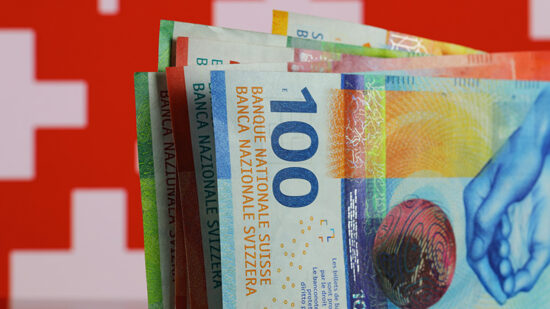The latest inflation and consumer price index (CPI) figures made for some grim reading this morning, as they proved worse than anticipated.
Inflation rose 7% in March, its highest level in 30 years, up from 6.2% the month before, according to the Office for National Statistics (ONS). Expectations had been for it to hit 6.7%.
Underlying core CPI inflation – which carves out energy, food, alcohol and tobacco – also overshot consensus. It rose 5.7% in March, up from 5.2% in February. Analysts had expected it to go up 5.4%.
The CPI monthly rate was 1.1%, compared with 0.3% in March 2021. The biggest contributor was transport, with average petrol prices going up by 12.6p per litre between February and March – the biggest monthly rise since records began in 1990.
See also: Bank of England hikes rates as inflation at 10% ‘not off the cards’
Questionable how projections can be viewed with any confidence
Adrian Lowry, personal finance expert at Bestinvest, said: “If inflation readings continue to overshoot expectations, the pressure will only grow on the Bank of England to give more consideration to the medium-term path of inflation, over the possible drags on the real economy caused by higher rates.”
So far, the Monetary Policy Committee (MPC) has raised rates at three consecutive meetings. It went from 0.1% to 0.25% in December 2021, then to 0.5% in February and up to its current level of 0.75% in March. Its next meeting is scheduled for 5 May.
Lowry pointed to the MPC’s February report, which said the 2% inflation target was forecast to be met by the end of 2023. “It’s questionable how such projections can be viewed with any confidence given the febrile economic conditions.”
He added: “Many analysts were best-guessing that after May, with the bank rate bumped up from 0.75% to 1%, we could see a summer pause in the rate hike cycle. Another CPI overshoot in next month’s data could change that best guess.”
BoE in an extremely awkward position
A large adjustment in utility prices and recent surge in commodity prices mean that headline inflation is set to rise further, said Federated Hermes senior economist Silvia Dall-Angelo.
“Assuming there is no further escalation of the conflict in Ukraine and oil prices evolve in line with the futures curve, inflation might peak at about 9% in April. However, while it should moderate slightly in following months, it will remain elevated throughout the year.
“We are now looking at a 2022 inflation average of 7.5%,” she added. “This puts the Bank of England in an extremely awkward position.”
She pointed to the UK’s tight labour market which “creates a favourable environment for second-round effects”.
“The fact wage negotiations will be in full swing at the time of the expected peak in inflation in Spring implies the risk of a price-wage spiral is material. The Bank of England will therefore remain firmly in tightening mode at its upcoming meeting in May.”
Trade off between subduing inflation and crushing growth
Janus Henderson portfolio manager Oliver Blackbourn (pictured) said the BoE “is a long way behind the curve and now faces uncomfortable trade-offs as it decides how far and how fast to hike interest rates”.
“The inflation number is the highest in 30 years, but we could yet see even more eye-watering numbers in the coming months as surging household energy prices feed through.
“The inflation data also comes hot on the heels of a 5.4% increase in wages that suggests these higher levels of inflation could persist. This is being reflected in consensus forecasts which have increasingly been suggesting that the UK will see more persistent high levels of inflation than both the US and eurozone.”
“The worry for the Bank of England is that this might be feeding into people’s mindsets, entrenching a higher level of inflation and meaning that it will have to push interest rates further to return to its 2% price target.”
Blackbourn added: “The BoE is expected to raise interest rates sharply still, but it needs to be increasingly aware of the trade-off between subduing inflation and crushing growth.”







